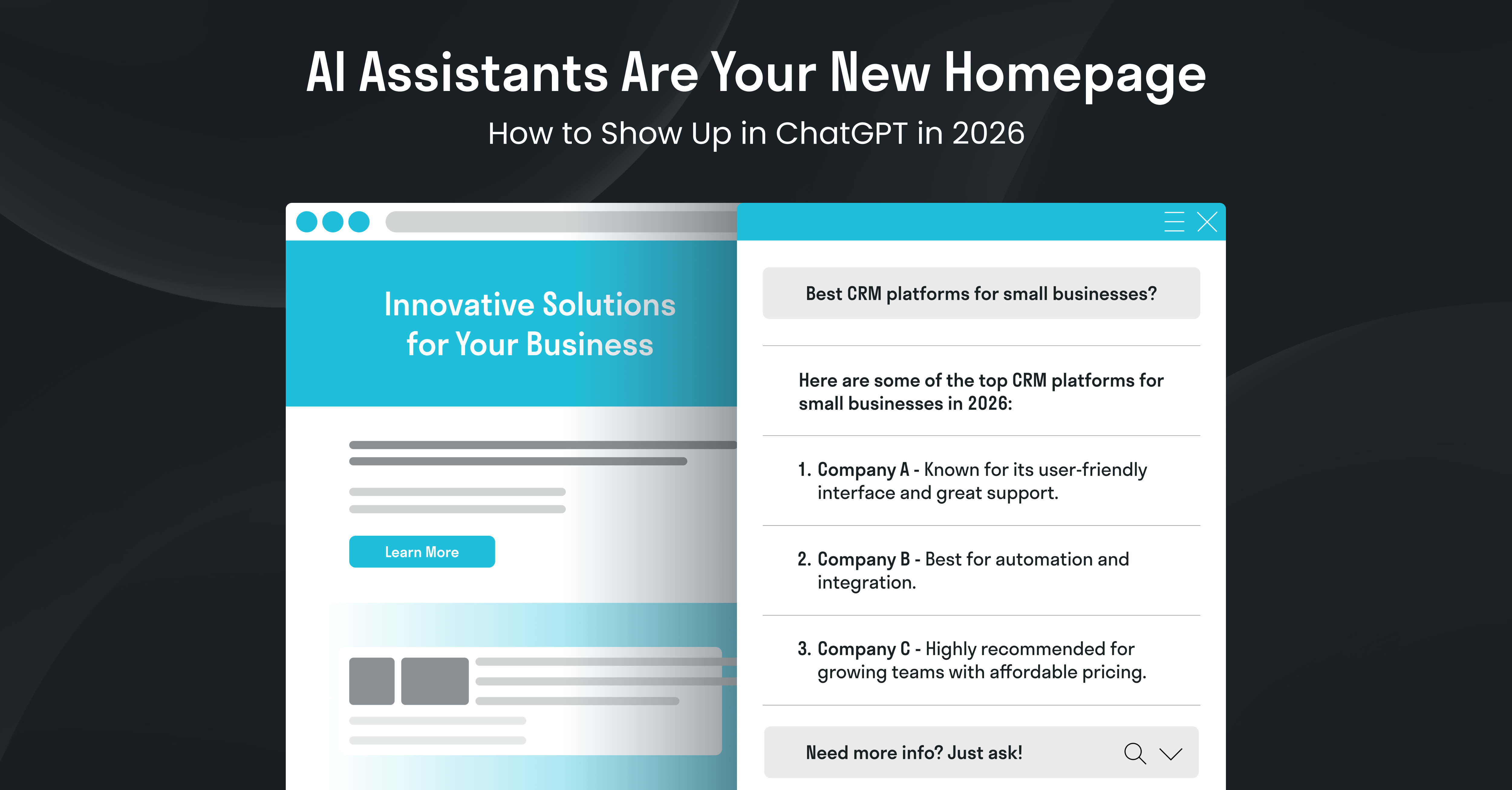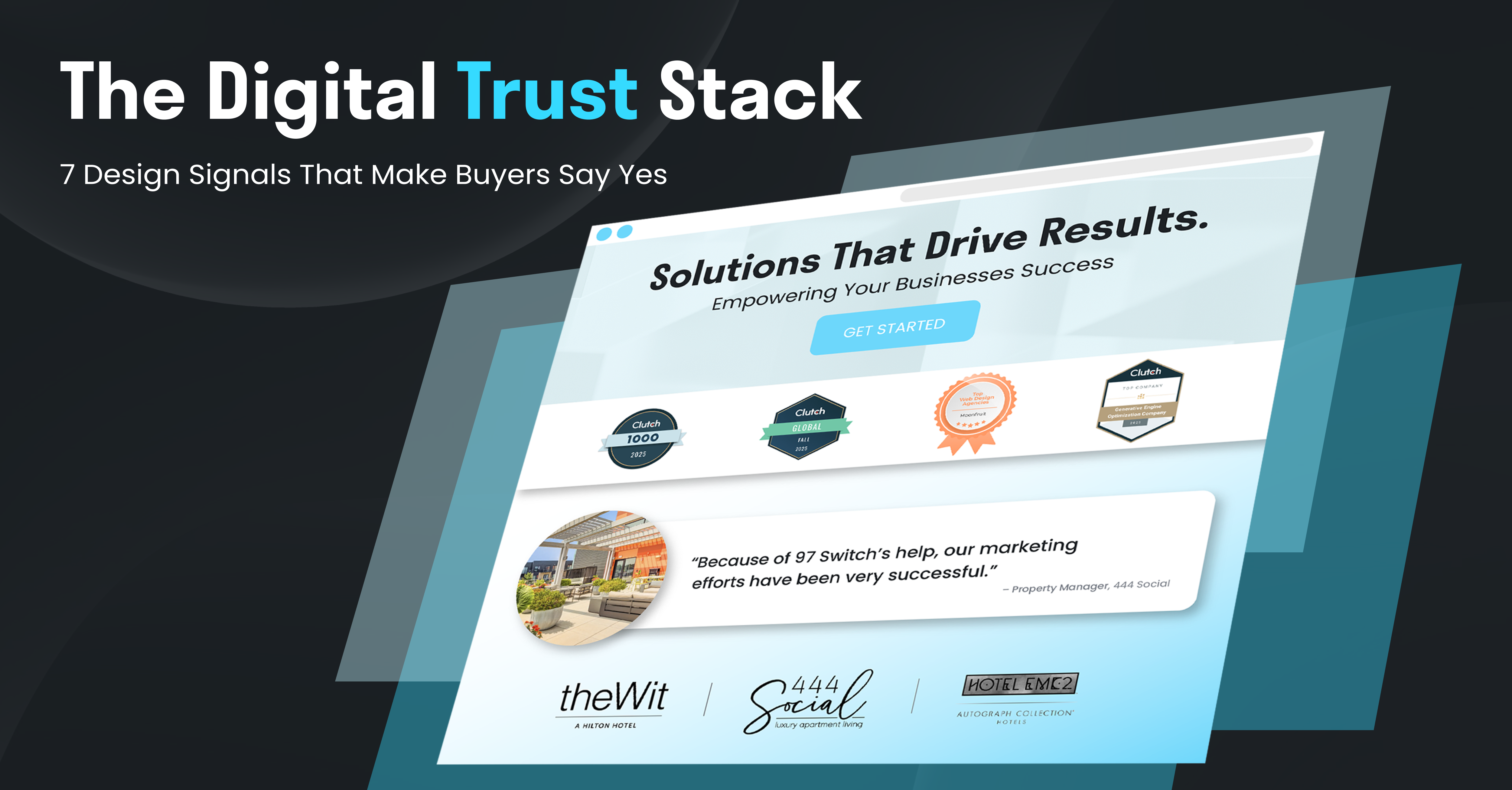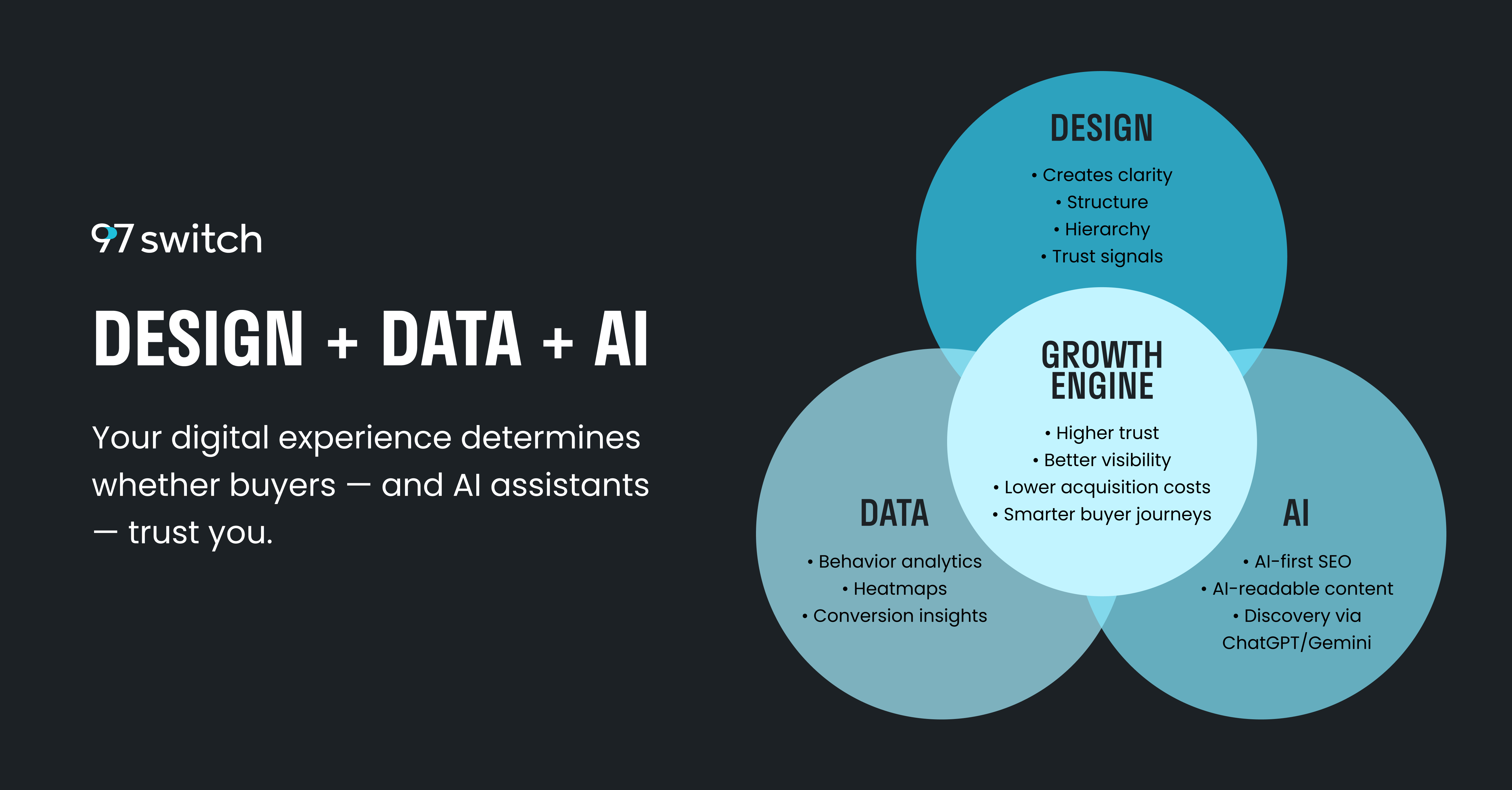Today, companies are investing more heavily than ever in ecommerce because online sales have grown exponentially as the world is changing. Online storefronts give people a way to shop at home, as well as find deals, research brands, and explore product options. There’s no question that you should be investing in ecommerce. However, it can be difficult to know which platform to use. If you are currently selling a product online, or are planning to in the future, you should know firsthand how important it is to have an ecommerce platform that is easy to use and runs smoothly. There are many different platforms to choose from, so we’ve made a list of three commonly used ecommerce platforms and details associated with each one. Here’s our list of three of the most commonly used ecommerce platforms.
Shopify

One platform to consider using for ecommerce is Shopify. You should think about using Shopify if you have a small business, since it is easy to implement and has pricing options similar to its competitors. Shopify is currently the biggest SaaS ecommerce provider for small businesses because of the many resources it provides. This is due to its easy setup, the variety of templates it offers, and app integrations available within the platform.Shopify also provides its own payment and point-of-sale (POS) system, which means that all transaction fees go through Shopify's sales system. Although it's simple to set up, it can be expensive for businesses to maintain because it reduces options by picking the best payment system for their needs. However, this ecommerce platform does allow businesses to customize their experience with a very large catalog of third-party apps that integrate into Shopify. Since there are a large number of apps available, it’s essential to review and research each app carefully since some can be more reliable than others.
Magento

Magento is an ecommerce platform that supports many mid-market to larger businesses. In fact, it was one of the first platforms to support bigger businesses that were making about $5 million to $100 million in sales. Although Magento can cost a lot to build and maintain, most retailers use it due to its customizable features. Retailers prefer it because of its scalability, credibility, and familiarity.However, Magento is often more expensive than other platforms and often costs hundreds of thousands of dollars to build due to licenses, installations, integrations, and overall maintenance. You’ll need to have a Magento developer maintaining the site on an ongoing basis in order to keep your site performing well.
BigCommerce

BigCommerce is used among both emerging and established businesses, and especially mid-market businesses. BigCommerce’s price is low when compared with its competitors, and businesses can save thousands of dollars per year in app costs, cost of ownership, and payment integration fees when compared with Shopify. This platform allows businesses to choose the best POS and payment providers, another added benefit to choosing BigCommerce. Additionally, the platform has a robust open Application Programming Interface (API) to utilize and build new features, integrations, and customizations. Compared with Shopify, updating product catalogs on BigCommerce can be much faster. For example, updating a catalog of 25 thousand products on BigCommerce could take 60 seconds versus updating the same catalog on Shopify Plus could take 2 hours. Another benefit for those who use BigCommerce is the Software as a Service (SaaS) Solutions. The SaaS Solutions provide outstanding managed uptime and platform security, giving real-time uptime guarantees. The platform provides Payment Card Industry Data Security Standard (PCI) compliance handing and denial of service mitigation, cost-effective performance scaling during peak traffic, and knowledgeable support staff. Lastly, BigCommerce’s SaaS Solutions give websites a fast go-to-market and return on investing, as well as an elastic hosting model. Additionally, another positive of BigCommerce is that there are no proprietary languages, such as handlebar languages including support HTML, CSS, and Javascript libraries. This allows developers to understand and work on their platforms much faster. Generally, BigCommerce is easier for people to use since they don’t need to learn an entirely new coding language. BigCommerce provides a hosted solution that offers a local staging environment and allows for customization beyond the core code. By keeping the core code, BigCommerce can push updates and fix problems without ever disturbing the flow of business.
Key takeaways

When you choose to invest in an ecommerce platform, your business will be able to grow since more people are making purchases online than ever before. Shopify is a great ecommerce platform option if you own a small business and want your website to be visually appealing. If you have a larger business, you may want to consider using Magento. Even though it is higher priced, many retailers prefer it because it is customizable, scalable, and credible. BigCommerce is an option for both new and established businesses. It is lower-priced, a top-notch SaaS Solution, and has no proprietary languages, making it easier to use and implement. After you determine your business’s needs and budget, decide which ecommerce platform makes the most sense for your ecommerce strategy.
Interested in learning more? Click here or reach out to info@97switch.com.






